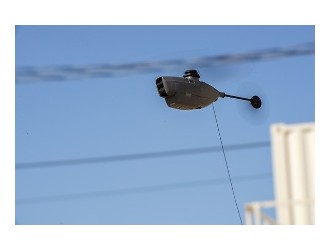
Antonov has been working with the Saudis for more than two years on the An-132, which is being developed as a modernized, next-generation version of the An-32. The intent is to offer a replacement for not only the An-32 but also for other small airlifters such as the CN-235 and the G-222. Saudi Arabia agreed to purchase two An-132D models to be modified to carry out airborne jamming/electronic warfare missions, and another four aircraft for search-and-rescue missions.
The design and production authority for the new An-132 is supposed to be at the King Abdulaziz City for Science and Technology (KACST). Previous announcements about the production of the An-132 in Saudi Arabia stated that Saudi staff will be trained by Ukrainian specialists in various fields of aviation industry and technology, and that the manpower in this joint-venture company will be limited to Saudi and Ukrainian nationals. With the inclusion of the Turks, it is not yet clear how that might alter the original plans for the An-132 to be a “Ukraine-Saudi” only program.
Antonov and its Saudi partners have brought a full cast of Western suppliers on board for the program. Pratt & Whitney of Canada is supplying the PW150A engines for the program, while General Electric, Honeywell, Liebherr and Hamilton Sundstrand are providing the other major subsystems. “The inclusion of these Western suppliers was a purposeful decision,” said an Antonov representative. “In this way it gives the An-132 in any variant the widest possible appeal to foreign buyers, as the maintenance base needed to service the aircraft is already in place around the world.”
In the agreement concluded at IDEF, the interests of the Ukrainian side were represented by UkrOboronProm (UOP), the country’s state-owned defense export and import monopoly that is essentially a Ukrainian analogue of Russia’s RosOboronExport. Recently, several prominent defense specialists working as advisors to the Ukrainian government have called for UOP to be abolished, citing lack of transparency and other problems associated with havin a single monopoly entity in charge of the defense sector.





